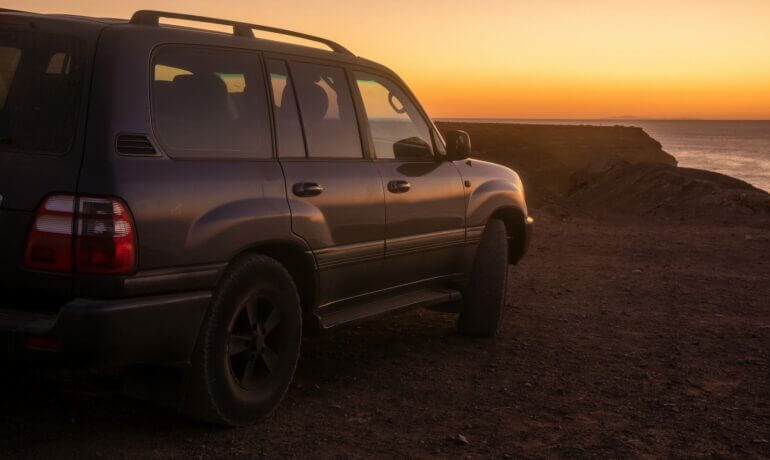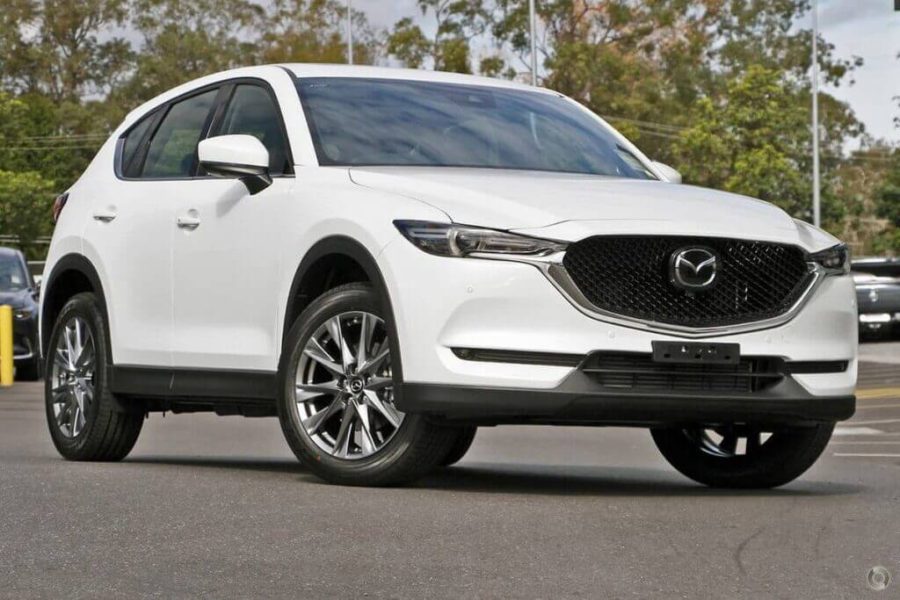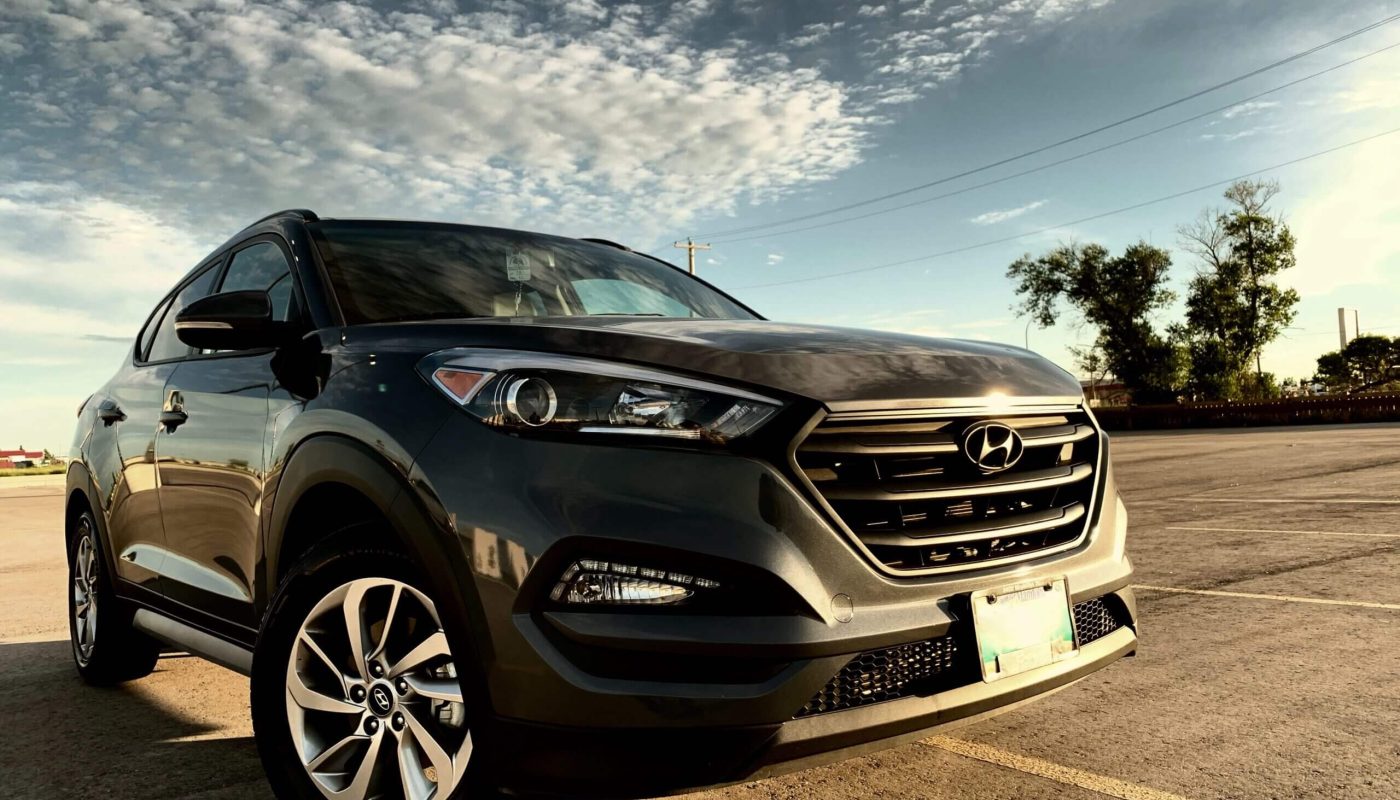Deciding between renting and buying an SUV involves considering various factors, including cost, usage, and convenience. This guide examines the economic implications of both options, providing a thorough comparison to help you make an informed decision. This analysis is particularly relevant to the Australian context, considering local prices, taxes, and market conditions.
Initial Costs
Buying an SUV
Purchasing an SUV requires a significant upfront investment. The price of a new SUV in Australia can range from AUD 30,000 for a compact model to over AUD 80,000 for luxury variants. Additionally, buyers must consider registration fees, stamp duty, and insurance costs. According to the Australian Securities and Investments Commission (ASIC), the stamp duty on a AUD 40,000 vehicle can be approximately AUD 1,200, while registration costs vary by state but generally range between AUD 300 and AUD 1,000 annually.
Renting an SUV
In contrast, SUV car rental involves lower initial costs. The typical daily rental rate for a standard SUV in Australia ranges from AUD 70 to AUD 150, depending on the model and rental duration. Weekly rates offer better value, usually between AUD 300 and AUD 700. Renting eliminates the need for a large upfront payment, making it an attractive option for short-term or occasional use.

Long-Term Costs
Depreciation
One of the most significant long-term costs associated with buying an SUV is depreciation. Vehicles typically lose 20-30% of their value in the first year and around 50% over three years. For instance, a AUD 50,000 SUV might depreciate by AUD 10,000 in the first year alone. This loss in value represents a substantial economic disadvantage for buyers.
Maintenance and Repairs
Owning an SUV also entails ongoing maintenance and repair costs. Routine services, tire replacements, and unexpected repairs can add up. The Royal Automobile Club of Victoria (RACV) estimates annual maintenance costs for an SUV to be around AUD 1,000 to AUD 1,500. These costs vary based on the vehicle’s age, usage, and condition.
Insurance
Insurance is another recurring expense for SUV owners. Comprehensive car insurance for an SUV in Australia can range from AUD 800 to AUD 2,000 per year, depending on factors such as the driver’s age, driving history, and the vehicle’s value.
Renting Costs Over Time
While renting an SUV is cheaper initially, long-term rental costs can accumulate. For example, renting an SUV for a month at AUD 100 per day totals AUD 3,000, which quickly surpasses the monthly costs of owning a vehicle. Therefore, renting is generally more economical for short-term needs but less so for extended periods.

Flexibility and Convenience
Buying an SUV
Ownership provides the convenience of having a vehicle readily available at all times. It allows for personalization and modification according to the owner’s preferences. However, owning an SUV also comes with responsibilities, such as regular maintenance, finding parking, and dealing with insurance claims.
Renting an SUV
Renting offers flexibility, especially for those who do not need a vehicle every day. It is ideal for occasional use, such as weekend trips, vacations, or specific tasks requiring a larger vehicle. Rental companies handle maintenance and insurance, reducing the hassle for renters. Moreover, renting different models provides the opportunity to choose the best vehicle for each occasion.

Financial Considerations
Financing a Purchase
For many buyers, financing an SUV through a loan is a common practice. The Australian Securities and Investments Commission (ASIC) advises that the average interest rate for a car loan in Australia is around 5-7%. A AUD 40,000 loan over five years at a 6% interest rate results in monthly payments of approximately AUD 775, totaling AUD 46,500 over the loan term. This additional cost of borrowing is a significant factor to consider.
Impact on Credit Score
Financing a vehicle can impact one’s credit score. Timely payments can improve the score, while missed payments can have negative consequences. Renting, on the other hand, does not affect the credit score, making it a safer option for those concerned about their credit history.
Usage Patterns
Frequency of Use
Assessing how often you need an SUV is crucial. For daily commuters or those who frequently travel long distances, owning an SUV might be more economical in the long run. Conversely, if you only need an SUV for occasional trips or specific tasks, renting could be more cost-effective.
Type of Use
The type of activities you plan to undertake also influences the decision. For instance, if you frequently drive off-road or in remote areas, owning a reliable SUV equipped for such conditions might be preferable. Rental vehicles often come with restrictions on off-road usage, limiting their suitability for adventurous activities.
Environmental Impact
Fuel Efficiency
SUVs generally consume more fuel than smaller cars, leading to higher fuel expenses and environmental impact. Owning an SUV requires regular refueling, which can add up over time. On the other hand, renting allows you to choose fuel-efficient models when needed, potentially reducing overall fuel consumption.
Emissions
Owning an SUV contributes to higher carbon emissions over the vehicle’s lifetime. Renting, particularly from companies that offer hybrid or electric SUVs, can be a more environmentally friendly option. It allows you to select eco-friendly vehicles for specific trips without committing to a long-term environmental impact.
Resale Value
Depreciation Impact
As mentioned earlier, depreciation significantly affects the resale value of an SUV. Selling a used SUV often results in a substantial loss compared to the initial purchase price. The Australian market for used vehicles is competitive, and obtaining a fair resale value can be challenging.
Market Conditions
The resale value of an SUV also depends on market conditions. Economic downturns, changes in fuel prices, and shifts in consumer preferences can all influence the demand and price of used SUVs. Renting eliminates concerns about resale value, as you simply return the vehicle at the end of the rental period.
Tax Considerations
Depreciation and Deductions
For business owners, purchasing an SUV can provide tax benefits. The Australian Taxation Office (ATO) allows businesses to claim depreciation and other deductions related to vehicle expenses. However, these benefits must be weighed against the overall cost of ownership and the potential loss from depreciation.
Rental Expenses
Renting an SUV for business purposes can also be tax-deductible. The ATO permits deductions for business-related vehicle rental expenses, making it a viable option for short-term needs without the long-term commitment of ownership.
Conclusion
Choosing between renting and buying an SUV depends on various factors, including financial considerations, usage patterns, and personal preferences. Renting an SUV is generally more economical for short-term or occasional use, offering flexibility and reduced responsibilities. However, for those who require a vehicle regularly and are prepared for the long-term costs, buying an SUV can be more cost-effective in the long run. In Australia, the decision should also take into account local market conditions, fuel prices, and tax regulations. By carefully evaluating these factors, you can make an informed choice that best suits your needs and budget.

I graduated from the California Institute of Technology in 2016 with a bachelor’s degree in software development. While in school, I earned the 2015 Edmund Gains Award for my exemplary academic performance



